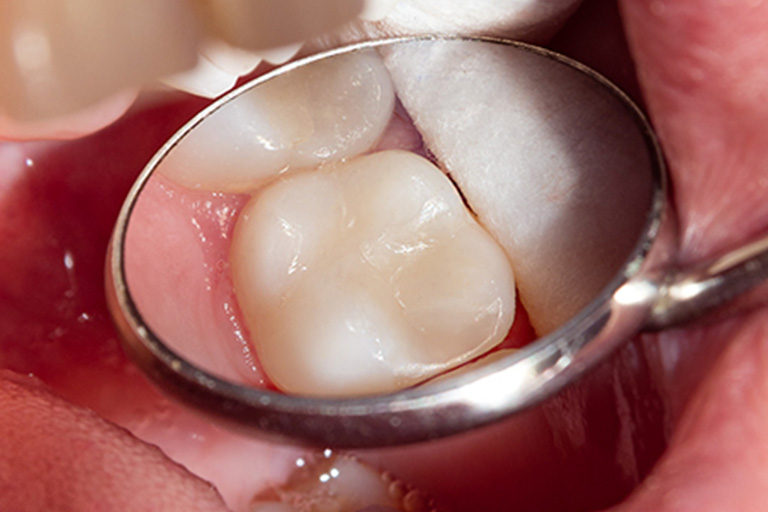Root Canal Therapy at Fletcher Dental Care
Root Canal Therapy
At Fletcher Dental Care, we understand how uncomfortable tooth pain can be, and we’re here to help you find relief through advanced dental treatments. One of the most effective solutions for saving a severely damaged or infected tooth is Root Canal Therapy. This procedure is designed to eliminate pain and restore the health of your tooth, allowing you to keep your natural smile intact.
What is Root Canal Therapy?
Root Canal Therapy, also known as endodontic treatment, involves the removal of infected or damaged tissue from inside the tooth. The tooth’s interior consists of soft tissue called the pulp, which can become inflamed or infected due to deep decay, repeated dental procedures, or trauma. If left untreated, this can lead to severe pain and even tooth loss.
The therapy involves carefully removing the infected pulp, cleaning and disinfecting the inside of the tooth, and sealing it to prevent further infection. A restoration such as a crown may be placed on the tooth after the procedure to protect it and restore its function.

When is Root Canal Therapy Needed?
Root Canal Therapy may be necessary when:
- You experience persistent tooth pain or sensitivity to heat or cold.
- Your tooth becomes discoloured or darker than usual.
- There’s swelling, tenderness, or a recurring pimple on the gums near the affected tooth.
- You’ve sustained significant damage or injury to a tooth that has affected the pulp.
By addressing these symptoms early, Root Canal Therapy can prevent the need for tooth extraction and maintain your natural tooth structure.
The Root Canal Procedure

Diagnosis
We start with a thorough examination, including X-rays, to assess the extent of the infection or damage.

Anaesthesia
Local anaesthesia is used to numb the affected tooth and surrounding area, ensuring you experience little to no discomfort during the procedure.

Pulp Removal
We make a small opening in the top of the tooth to access the pulp chamber and root canals. The infected or damaged pulp is carefully removed.

Cleaning and Shaping
The empty canals are cleaned, disinfected, and shaped to allow for filling.

Filling and Sealing
The cleaned canals are filled with a biocompatible material called gutta-percha and sealed to prevent reinfection.

Restoration
A crown or filling may be placed to restore the tooth’s strength and functionality.
Why Choose Root Canal Therapy?
Aftercare and Recovery
Frequently Asked Questions (FAQs)
Is Root Canal Therapy painful?
How long does the procedure take?
Can a tooth that has had a root canal get infected again?
What happens if I don't get a root canal?
Will my tooth be as strong as before after Root Canal Therapy?
How do I care for my tooth after Root Canal Therapy?
Book Your Appointment Today!
Let our caring team make your next visit effortless, and feel free to reach out with any questions or concerns—we’re here to support you every step of the way.
